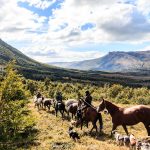
4 Little Ways to Lessen Your Travel Footprint
Travelers make big impacts on communities they visit, and leave more than just footprints. Many of these impacts are positive, especially in economic terms, but we also leave behind a lot of crap (economists call it negative externalities – that sounds so much nicer) that the destination is left to deal with. There are some tried and true things that you can do on your next trip that can make a big impact on the destination(s) you visit, and on your wallet as well.
There are so many articles giving you lists of things to do to make you more organized or productive or social or rich. Then there are lists of those lists (seriously, Vulture did one at the end of 2016). This is short, sweet, and effective for the everyday traveler, regardless of budget.
1. Carry Less Shtuff
More luggage on our travels equals more weight. More weight requires more work to move our shtuff. More work by the machines that move our shtuff requires more fuel. And more fuel usually means CO2 emissions. If you’ve found a way to travel on transportation that has a net-zero impact on the environment, then you’re obviously from the future, in which case I’d love to chat with you.
Carrying more doesn’t just weigh down our vehicles and our own bodies lugging it all around, packing fewer things shifts the focus from what’s on our backs to what’s in front of us. Isn’t that the reason we’re traveling somewhere new in the first place?
Want to travel lighter? Here are my strategies on how to pack light and still have enough to travel comfortably.
2. BYO Water Bottle
This is the simplest and perhaps most individually effective strategy. When we’re on the road, generally you don’t have the reusable luxuries of home and often end up buying water bottles, Gatorade, etc. In developing countries especially, where drinking water is not always safe for travelers, bottled water becomes a necessity. Moreover, destinations with unsafe drinking water generally (generally: if you know of a place that’s an exception I’d be interested in knowing about it) don’t have robust recycling programs.
The average United States citizen uses 167 water bottles per year, but will only recycle 38, and the demand for water bottles in the US alone consumes 17 million barrels of oil. That’s enough to power either 1.3 million cars or 190,000 homes for a year (source).
Bring your own water bottle with you to save a few plastic bottles from the dump (and a small gravity filter if your destination doesn’t have clean drinking water). It will also collectively save you a bundle of cash over time, especially if you bring that practice home with you. I use a simple, soft-sided plastic water bottle that is collapsible when empty. Platypus makes a series of them that are quite durable as well.
3. Buy Carbon Offsets
When you’ve done all that you can to minimize your impact, you can make-up for your carbon footprint through the purchase of carbon offsets or credits. What does this mean? Essentially, it’s a self-imposed tax on your personal carbon dioxide emissions. Think of your carbon emissions like a credit card balance. When you travel on a plane, bus, train, etc, you’re spending carbon. At the end of the month, you have to pay your bill or else you get a late payment fee. A carbon credit helps pay back your carbon debt through programs that help take carbon dioxide out of the atmosphere (called carbon sinks), or help mitigate more carbon dioxide being released). This could be through tree planting or programs that help reduce the use of fossil fuels or deforestation.
Unfortunately, even in the world of carbon offsetting, there are scammers or not “fully honest” offsets. The NRDC has a great article that talks about this, but basically there’s the risk of your money not going to effective or additional offsets.
I did some of the legwork for you, and here are some resources:
Green-e: Researches and recommends reliable carbon offset opportunities
TerraPass: Offers a number of offsets, and is approved by Green-e.
The Nature Conservancy (TNC): You can make a monthly gift to TNC to offset your emissions after using their calculator.
4. Vote With Your Dollar
A concept that I learned when I volunteered with the Jesuit Volunteer Corps Northwest was “voting with my dollar.” Choosing where to spend your money is effectively “voting” for that business and what they value. Supporting sustainable business with your money helps reinforce those values.
This can be boiled down to a couple of essential actions: buy local, and find businesses that minimize their impact on the environment and maximize their impact on the local community. For example, don’t go to Starbucks, Dunkin Donuts, or a Chili’s when you could go to the “mom and pop” coffee shop across the street. In food service, franchising royalties can range from 4%-12% or more depending on the restaurant. Wouldn’t you rather that $0.40-$1.20 of your $10 happy meal go to a local owner rather than a franchise?
Don’t get me wrong, there are franchises that are doing a lot of good things for their local communities and environment as well. So how do you choose? Researching your next freakin’ breakfast croissant sounds exhausting, right? Luckily, there are a number of resources out there to help make it easier:
B Corp: An organization that provides a “clearinghouse” certification for companies based on 5 key areas. Read more about it here. They have a searchable database of corps filterable by type of business and location here.
The Good Guide: Researches how “good” the products you buy at the store actually are. They have an app that allows you to scan just about any product’s barcode and get an analysis on the company’s impact. Good Guide is also a B-Corp (see what I did there? it’s all coming together).
What Strategies Do You Use to Lessen Your Footprint?
Let me know what’s worked or not work for you. Email me or comment below!

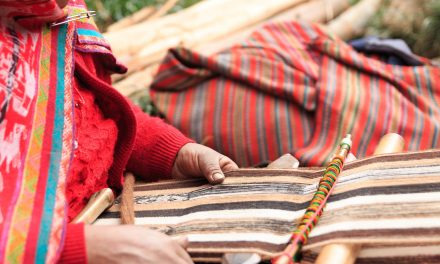
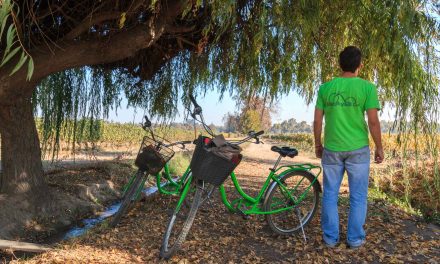


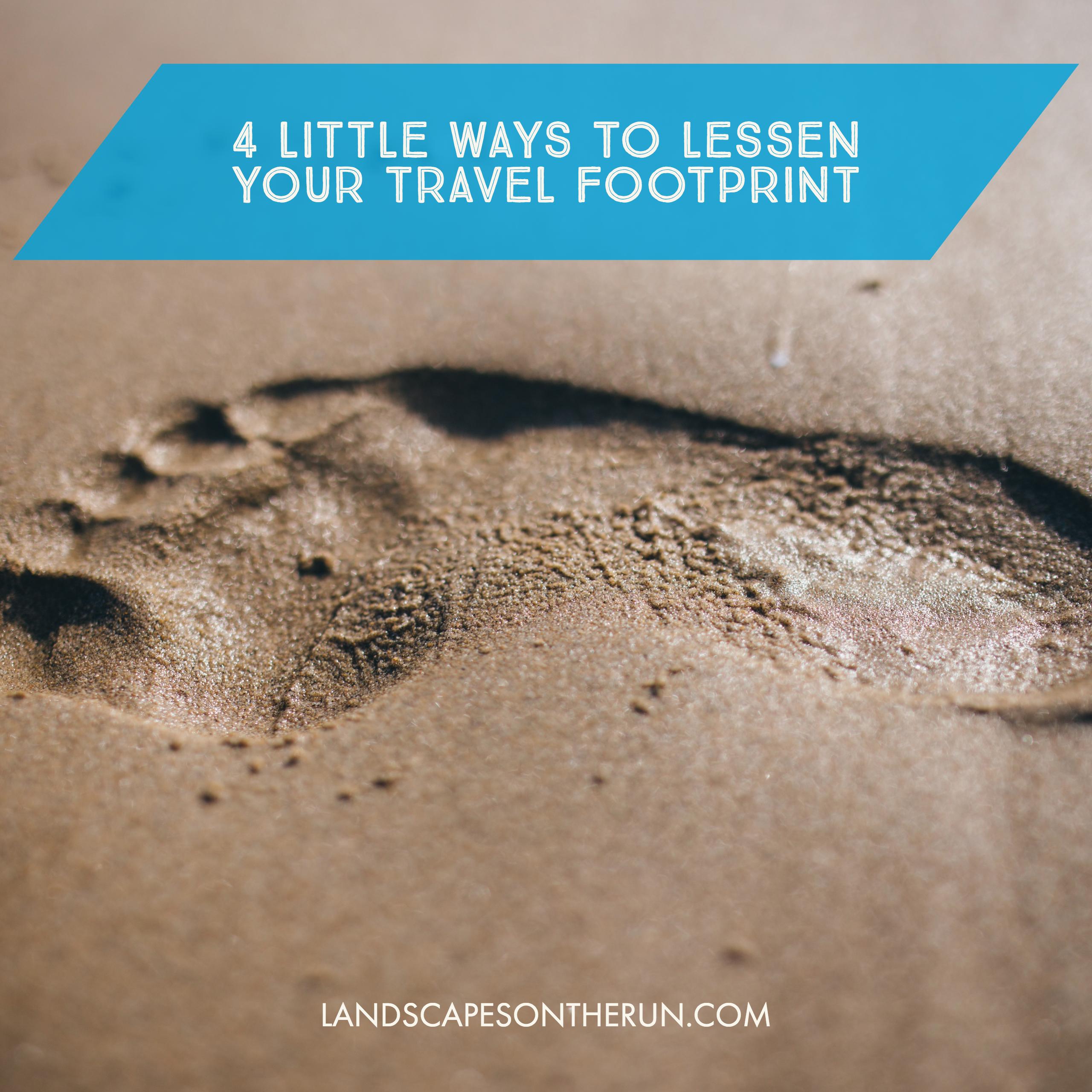
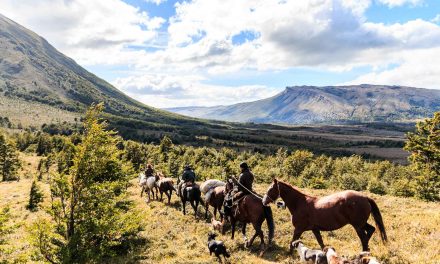

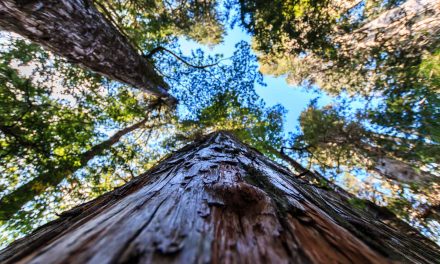
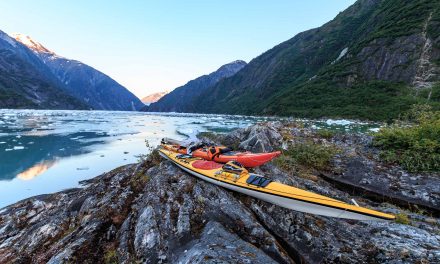
Thanks for reading
Enjoyed it? Share with your friends!